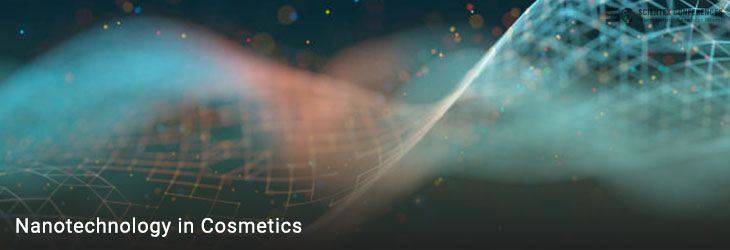Track: Nanotechnology in Cosmetics

Nanotechnology in cosmetics involves using nanoscale materials and techniques to enhance the effectiveness and delivery of skincare and beauty products. This cutting-edge technology enables the creation of tiny particles that can penetrate deeper into the skin, improving the absorption of active ingredients and providing more targeted results.
Scanning Probe Microscopy:
Scanning probe microscopy is a high-resolution imaging technique that allows visualization of surfaces at the atomic level. It employs a probe that scans the surface to gather topographical and electronic information.
Nanofabrication:
Nanofabrication involves the construction of nanoscale devices and materials, utilizing techniques like lithography and self-assembly. This field is crucial for developing advanced electronics, sensors, and biomedical applications.
Functional Nanoparticles and Nanomaterials:
Functional nanoparticles and nanomaterials possess unique properties that enhance their performance in various applications, including drug delivery and catalysis. Their tailored functionality makes them valuable in fields like medicine and energy.
Molecular Engineering:
Molecular engineering focuses on designing and manipulating molecular structures to achieve desired properties and functions. This interdisciplinary approach bridges chemistry, physics, and biology for applications in materials science and nanotechnology.
Bio Nanotechnology:
Bio nanotechnology combines biological principles with nanotechnology to create innovative solutions in healthcare and environmental applications. It leverages nanoscale materials for drug delivery, diagnostics, and biomaterials development.
Scientific Highlights
- Cosmetic & Skin Science
- Dermatology
- Genetic Skin Disorders & Diseases
- Dermato Oncology
- Cosmetic Dermatology
- Plastic Surgery
- Veterinary Dermatology
- Rhinoplasty & Otoplasty
- Oral & Maxillofacial Surgery
- Reconstructive and Aesthetic Surgery
- Cosmetic Dentistry
- Cosmetic Pathology & Skin Diseases
- Cosmetic Gynaecology
- Stem Cell Aesthetic Therapy
- Trichology and Hair Transplant
- Cosmetic Medicine
- Cosmetology in Ayurveda
- Nanotechnology in Cosmetics
- Vitiligo
- Nutrition and Diet for Healthy Skin
- Risk Factors in Cosmetology
- Case Reports in Cosmetic Surgery
- Recent Advancement in Cosmetology
- Pediatric Dermatology


